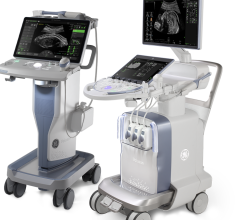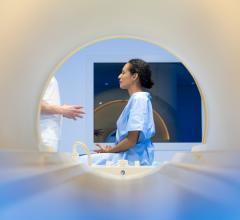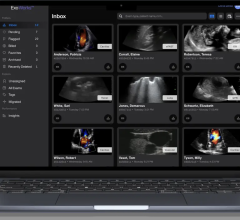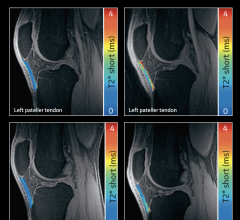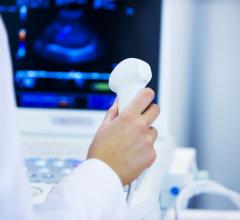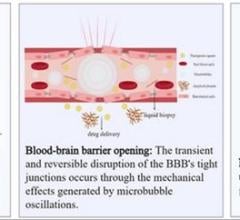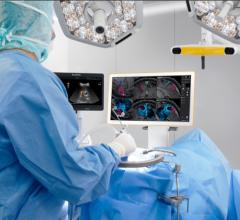Philips Medical Systems has announced that the National Aeronautics and Space Administration (NASA) is using the Philips iE33 echocardiography system and QLAB Quantification software to evaluate the effects of space flight on the hearts of space shuttle astronauts and, in the near future, astronauts on the international space station and ground-based analogs.
Astronauts commonly are thought to lose heart mass during prolonged flight. Two-dimensional echocardiography measurements reveal a 5 percent decrease, which usually returns within three days of being back on Earth. Researchers are interested in learning the cause of these changes. Possible explanations include heart atrophy caused by weightlessness, dehydration from space travel or error caused by the geometric assumptions used in two-dimensional echo.
The new technology being used captures a full-volume image of the beating heart in less than a minute and allows physicians to examine the heart as if they were holding it in their hands. It also allows the researchers to make accurate measurements of heart mass, ejection fraction, blood flow, strain rate and cardiac wall motion pre- and post-flight.
© Copyright Wainscot Media. All Rights Reserved.
Subscribe Now


 March 19, 2025
March 19, 2025 
